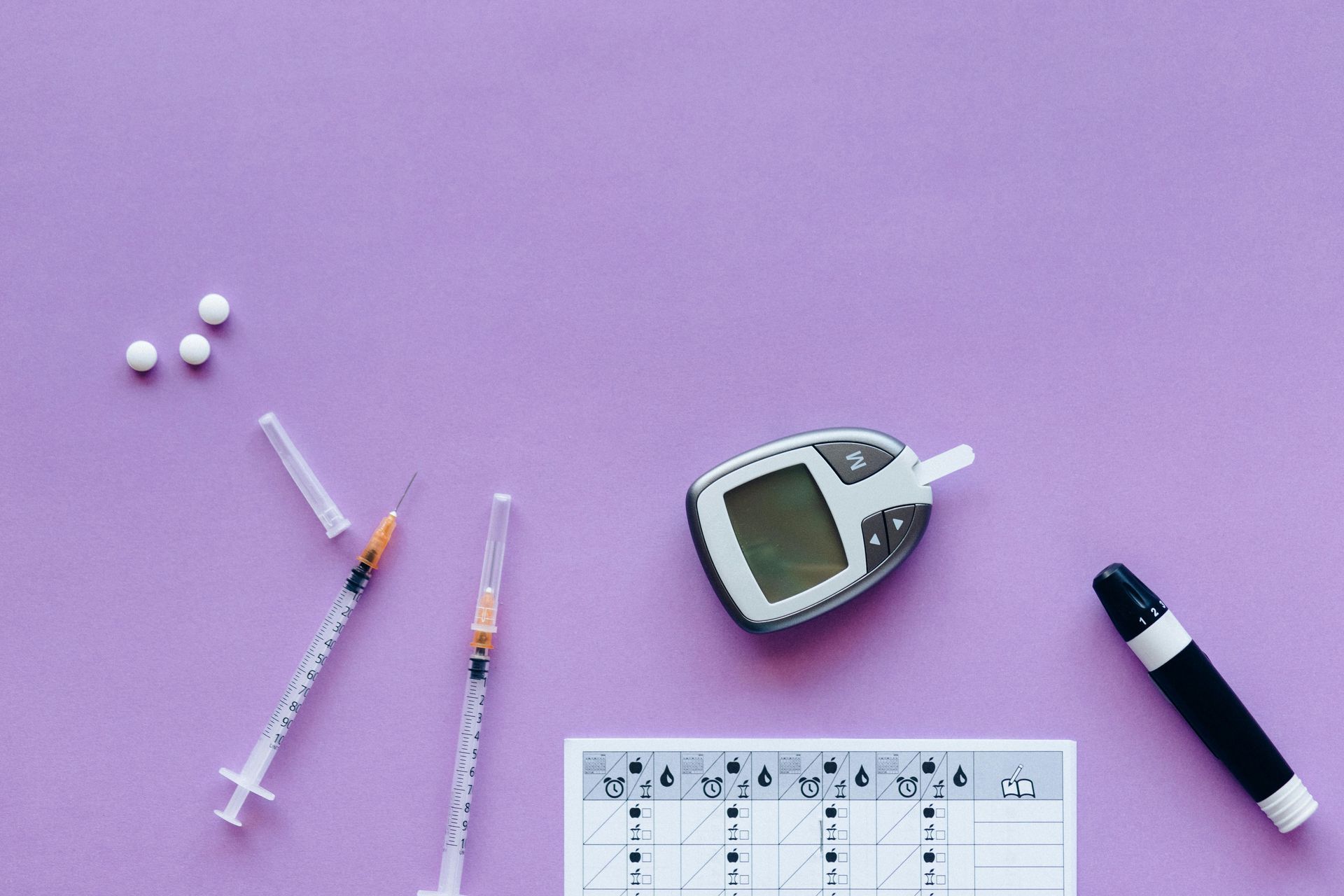How to Manage Your Mental Health Over the Winter Holiday
How to Manage Your Mental Health Over the Winter Holiday

There are many expectations surrounding the holiday season, including family get-togethers, spending enough money and thought on gifts, eating until your waistband feels a little too tight, and celebrating the year with several rounds of drinks. These festivities may elicit excitement or joy for some; however, they can also bring about the opposite reaction for others.
Depending on one’s circumstances, family dynamics, financial and mental state, or memories of past holidays, winter can be challenging for some people. A study conducted by the National Alliance on Mental Health (NAMH) discovered that
64 percent of individuals with mental illness report that their conditions worsen during the holiday season.
While the pressure to give, socialize, drink, and be festive over the holidays continues to grow each year, there is a similar trend in the symptoms of anxiety and/or depression for those coping with mental illness. Therefore, whether you have a mental illness or not, the holiday season can be a stressful time, and several strategies can help you navigate and get through the season.
1. Ignore or lower the big holiday expectations.
The narrative of a perfect, jolly holiday takes over the mainstream culture during the winter season. This brings pressure, obligations, and feelings of dread. We compare ourselves to the marketed image or our peer’s social media posts. But what if you aren’t part of that cultural tradition but participate for fear of being excluded? Or the holidays aren't something you feel like celebrating at all? If you cannot, or simply don’t want to, celebrate during the holidays, that is perfectly okay.
Although it can be difficult to ignore the festivities, you are not obligated to celebrate the holidays. Recognize if or when you feel oppressed by your traditions or overwhelmed by negative emotions. Set some boundaries, whether at work or home and create ways to spend the holidays that make you feel good. You do not have to pay for each holiday with family or friends or drop all your savings on gifts just because it’s the norm. Staying happy and healthy is what matters most.
2. Moderation is key
Whether you are at work and receive many treats from your coworkers or you host for the holidays, everyone brings you a bottle of wine. The holidays always seem trendy to over-eat, over-drink, and over-spend. The obligatory consumerism and compulsory consumption of foods can have adverse effects on mental health, especially for those who cope with mental illness, find it difficult to manage finances, or struggle with substances.
These holiday festivities come at a price that not everyone can afford. If you feel mentally, physically, or financially drained after the holidays, it is necessary to moderate your consumption. Remember that you don’t always have to buy things to show people that you care.
Simply showing up, verbally expressing your gratitude, or giving a hug are acceptable ways to give thanks. Hand-made items or written cards are oftentimes more thoughtful than breaking the budget for the perfect gift. Know your food and drink consumption limits before entering the day or event. If you tend to feel negative about yourself after the holidays from over-consumptions, don’t let the pressure of people or the event push your boundaries. Do what makes you happy in the end.
3. Accept Your Needs
Don’t lose sight of your needs throughout the holidays. If a specific morning routine gets you on the right track for the day, but you’re spending the holidays in a new environment, try to implement your routine as much as possible into the new space. Bring your favourite silk pillowcases or skincare products. Get up and out for that morning walk in the new neighbourhood.
Additionally, the holidays are notorious for spending time with relatives or friends, which can stir uncomfortable dynamics or feelings. Set boundaries with others, and don’t feel bad if you need to take a break or leave early. Staying safe and stable is essential; others must respect your boundaries. Lastly, the holiday is meant to be a break. It’s necessary to receive your well-deserved rest and recovery, not to get burnt out before the new year.
Finally, one way to accept your needs is to recognize that you may need
online therapy to get to the root of the problem. Therapy can give you insights into what you don’t feel inspired by or are constantly bugged down. Is it something more than just feeling bad? It’s time to get to the source.
4. Find Support
After all, the holidays are a few days throughout the year during the winter season for a break. Take time for yourself to do things you enjoy. Plan a date with yourself, or take a whole day to relax if you need it. Whether you appreciate time with family or friends, do what you can to connect.
A simple call or video chat will positively impact you even if you can’t afford to meet in person physically. If you’re alone and don’t know where to start to find support this holiday season or know someone in need of help, call or text 9-8-8 toll-free. You can also book a free 15-minute consultation with any of our
CBT Counseling services providers to chat about any concerns or start on your mental health journey. Our social workers, psychotherapists, registered dietitians and naturopathic doctors are here to support you.











